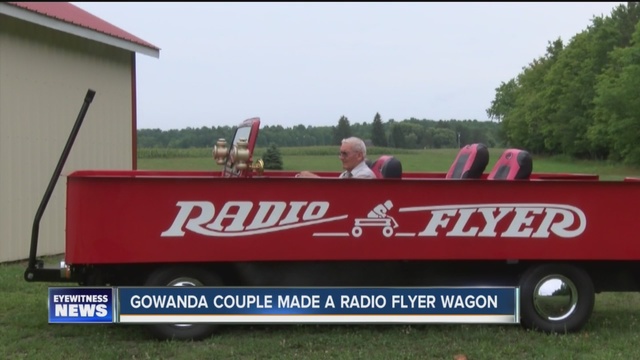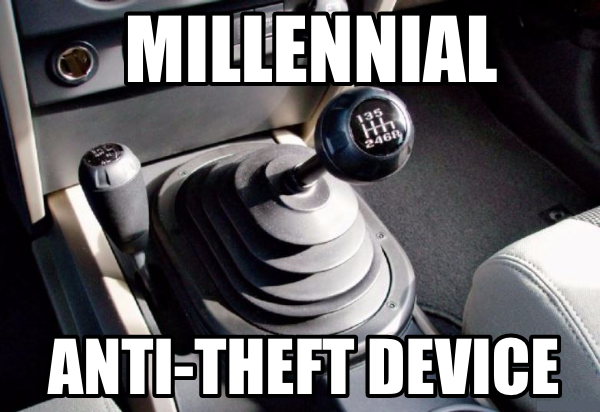A 2015 Nissan Tsuru, made in Mexico, goes head on with a 2016 Nissan Versa made in the US.
Is it any wonder why Nissan will stop making the Mexican Tsuru next May?
“They don’t make ’em like they used to.” Chances are, you’ve heard that before. And thank goodness they don’t.
Case in point, the Nissan Tsuru – a common sight in Mexico as taxicabs, the Tsuru is essentially a ‘new’ 1992 Sentra. It’s cheap, simple, and as the U.S. Insurance Institute for Highway Safety shows, has the ability to turn into a four-wheeled accordion in the event of a crash.
The IIHS collaborated with the Latin and Global NCAP groups to show how a Mexican market-spec 2015 Nissan Tsuru would fare against a U.S.-spec 2016 Nissan Versa sedan, all in a bid to not only highlight the differences between U.S. and Mexican automotive safety requirements, but to also get cars with zero-star crash test ratings – like the Tsuru – off Mexican roads.
To say the least, the results are alarming. Both cars were travelling at 40 mph, or just over 64 km/h. While the Versa‘s airbags and structure do a formidable job in keeping the dummy relatively unscathed, we definitely can’t say the same about the Tsuru. Let’s just say, after seeing how the Tsuru’s A-pillar deforms so quickly, a steering wheel flying off is the last thing we’d worry about.
According to the NCAP, more than 4,000 fatalities in Mexico were linked to Nissan Tsuru crashes between 2007 and 2012.


